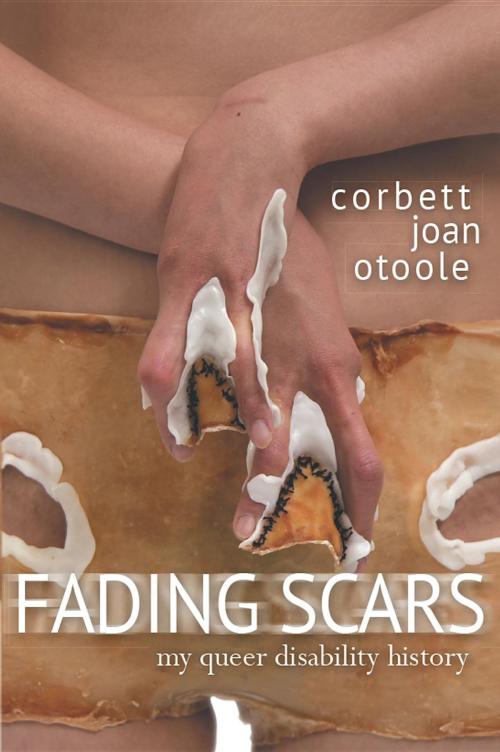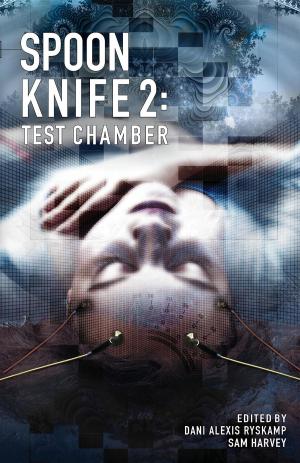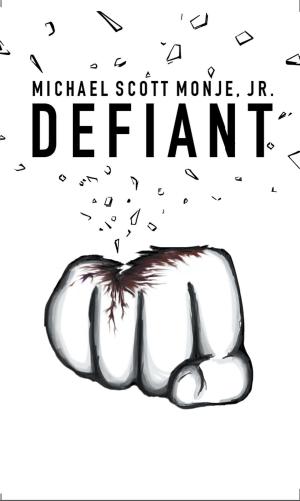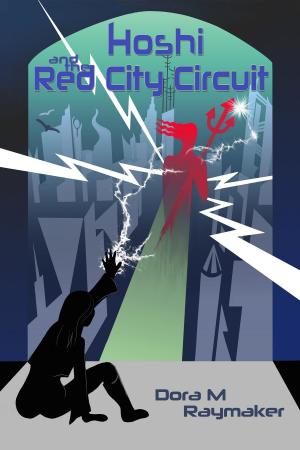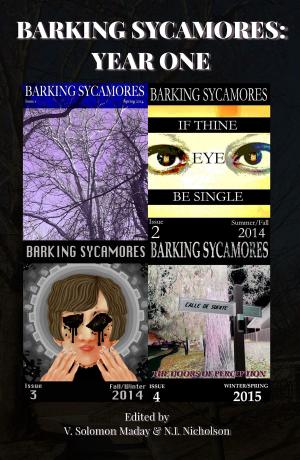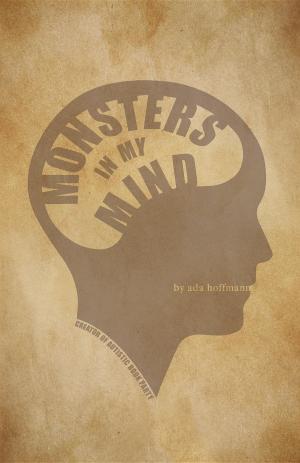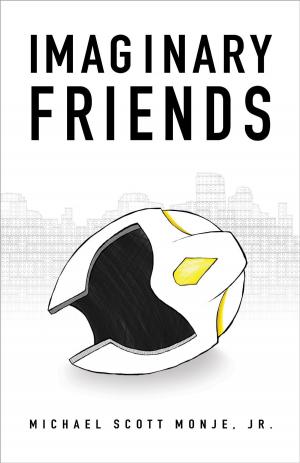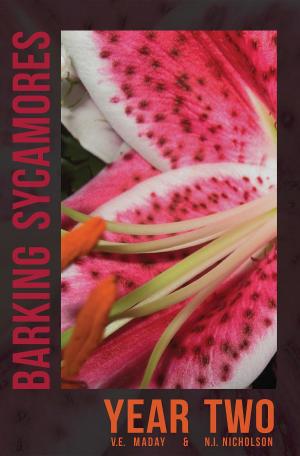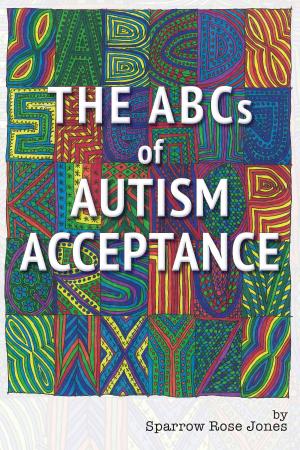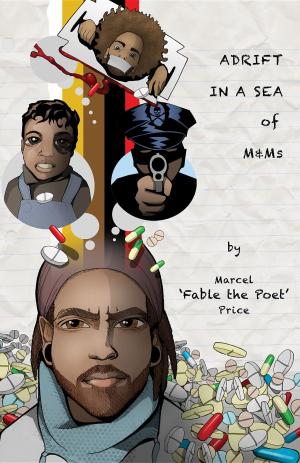Fading Scars: My Queer Disability History
Nonfiction, Social & Cultural Studies, Political Science, Politics, Civil Rights, Sports, Biography & Memoir| Author: | Corbett Joan OToole, Elizabeth Grace | ISBN: | 9780986183546 |
| Publisher: | Autonomous Press | Publication: | June 9, 2015 |
| Imprint: | Autonomous Press | Language: | English |
| Author: | Corbett Joan OToole, Elizabeth Grace |
| ISBN: | 9780986183546 |
| Publisher: | Autonomous Press |
| Publication: | June 9, 2015 |
| Imprint: | Autonomous Press |
| Language: | English |
Uncovering stories about disability history and life, OToole shares her firsthand account of some of the most dramatic events in Disability History, and gives voice to those too often yet left out. From the 504 Sit-in and the founding of the Center for Independent Living in Berkeley, to the Disability Forum at the International Woman's Conference in Beijing; through dancing, sports, queer disability organizing and being a disabled parent, OToole explores her own and the disability community's power and privilege with humor, insight and honest observations. "Corbett Joan OToole's Fading Scars: My Queer Disabled History is like a song-an anthem, a lullaby, a ballad, a love lyric and a chant all at once. This book of essays chronicles one person's life, but also the 40 years that disability rights and disability justice shaped American history. Its first-person accounts of historical events, fierce focus on disabled identities, and consistently accessible language and structure make it unusual-perhaps even unique-among disability memoirs. Bursting with ideas, stories, and arguments, Fading Scars is a book in which experience accrues into knowledge and emerges through the written word as wisdom. Fading Scars combines razor-sharp organization with passages of lyrical beauty. It establishes a new standard, perhaps even the beginning of a new aesthetic, for disability writing." - Margaret Price, author of Mad at School: Rhetorics of Mental Disability and Academic Life. "Illuminating disability history with clear and funny stories, this book builds a home where those of us who have lived on the sidelines can seek shelter." - Naomi Ortiz, Writer, Artist and Disability Justice Activist "Fading Scars is a must read for those interested in disability community, activism, and scholarship." - Kim Nielsen, author of A Disability History of the United States (ReVisioning American History)
Uncovering stories about disability history and life, OToole shares her firsthand account of some of the most dramatic events in Disability History, and gives voice to those too often yet left out. From the 504 Sit-in and the founding of the Center for Independent Living in Berkeley, to the Disability Forum at the International Woman's Conference in Beijing; through dancing, sports, queer disability organizing and being a disabled parent, OToole explores her own and the disability community's power and privilege with humor, insight and honest observations. "Corbett Joan OToole's Fading Scars: My Queer Disabled History is like a song-an anthem, a lullaby, a ballad, a love lyric and a chant all at once. This book of essays chronicles one person's life, but also the 40 years that disability rights and disability justice shaped American history. Its first-person accounts of historical events, fierce focus on disabled identities, and consistently accessible language and structure make it unusual-perhaps even unique-among disability memoirs. Bursting with ideas, stories, and arguments, Fading Scars is a book in which experience accrues into knowledge and emerges through the written word as wisdom. Fading Scars combines razor-sharp organization with passages of lyrical beauty. It establishes a new standard, perhaps even the beginning of a new aesthetic, for disability writing." - Margaret Price, author of Mad at School: Rhetorics of Mental Disability and Academic Life. "Illuminating disability history with clear and funny stories, this book builds a home where those of us who have lived on the sidelines can seek shelter." - Naomi Ortiz, Writer, Artist and Disability Justice Activist "Fading Scars is a must read for those interested in disability community, activism, and scholarship." - Kim Nielsen, author of A Disability History of the United States (ReVisioning American History)
